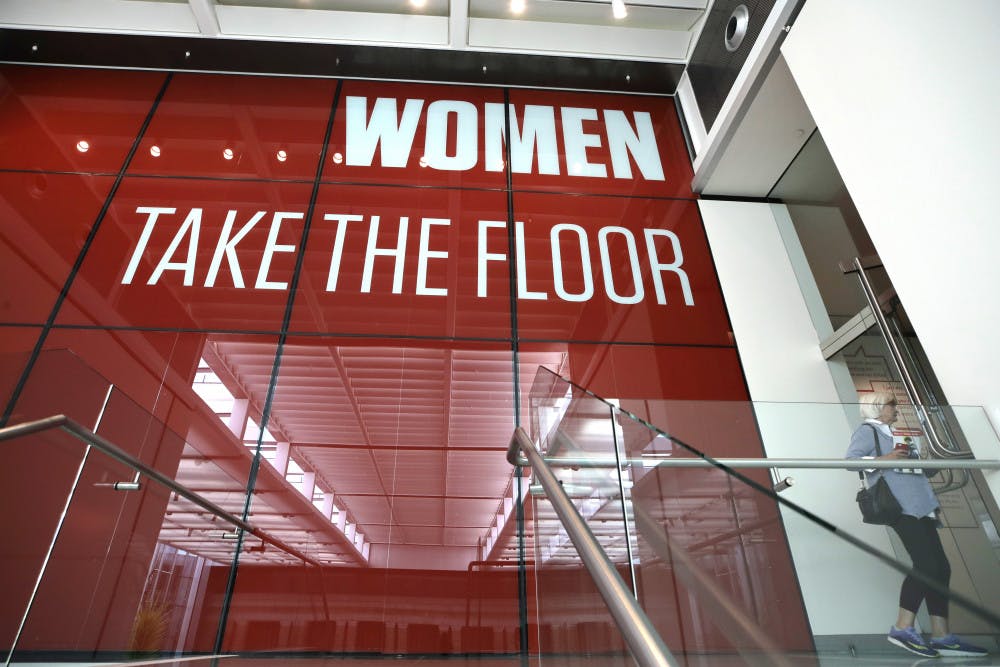No one likes being ignored. It’s one of the most annoying things you can do to a person, other than completely misinterpreting something they’ve said. This is especially annoying when it relates to one of the most important movements in modern history.
The #MeToo movement is under attack. We aren’t specifically talking about President Donald Trumps’ mocking remarks or the #HimToo movement (which thankfully went down in history as a meme). The true problem seems to lie within the workforce.
According to the Huffington Post, 60 percent of male managers say they are uncomfortable with working closely with female workers. This includes working one-on-one, mentoring or even just socializing with female workers. That number was just 28 percent in 2018, when to the #MeToo movement first started.
Why is this the case? It seems like men are starting to care more about their jobs. Too bad they can’t care about women instead.
The focus of sexual assault prevention seems to be on the allegations themselves rather than the women affected. People appear to care less about progressing women’s rights and more about keeping the workplace civil, and unfortunately, to them, women are part of this problem.
Women are less likely to be hired. According to Forbes, 21 percent of men and 12 percent of women are reluctant to hire women in jobs that would require close relations with men. What’s even more shocking is that 6 percent of women say that attractive women are less likely to be hired due to the #MeToo movement. Women are already 30 percent less likely to be considered within a hiring process when compared to men, so this recent hiring trend is even more concerning.
Overall, women’s relationships with their bosses are suffering, and it’s affecting their ability to climb the corporate ladder. Having the right skill set is one thing, but it’s also important to build relationships within one’s place of work. Commonly known as a sponsorship, people in the workplace tend to have a mentor who looks out for them in case they do something wrong. The sponsor or mentor tries to find ways in which they can advance their mentee’s career. In some cases, it’s even called “having a rabbi” due to the closeness of the relationship. Unfortunately, it’s difficult to have a relationship with someone who’s afraid of being alone in a room with you.
Despite this, the #MeToo movement is still essential for the progression of women’s rights. In fact, the downsides showcase how important the movement really is. The fact that there are still issues with sexual harassment in the workplace, whether it be the actual action or fear of it, shows that there is more work to be done. We have to work harder to ensure that the things we fight for are what we get and that there are no possible ways to be cheated out of them.
The Editorial Board consists of Zora Viel, Opinions Editor; Amanda Rosa, Editor-in Chief; Kelly Hayes, Digital Managing Editor; and Tranelle Maner, Engagement Managing Editor.
In this Sept. 18, 2019, photo, a woman enters an exhibit at the Museum of Fine Arts in Boston. In the wake of a student group incident last spring when the world-class museum was accused of racism, the MFA has scrambled to make amends. It has created a new position, senior director of inclusion, in an effort to become a more deliberately diverse organization. In a nod to the need for greater gender equity, it has given over an entire wing to female artists in "Women Take the Floor," an exhibition timed to coincide with next year's centennial of U.S. women winning the right to vote. (AP Photo/Elise Amendola)






